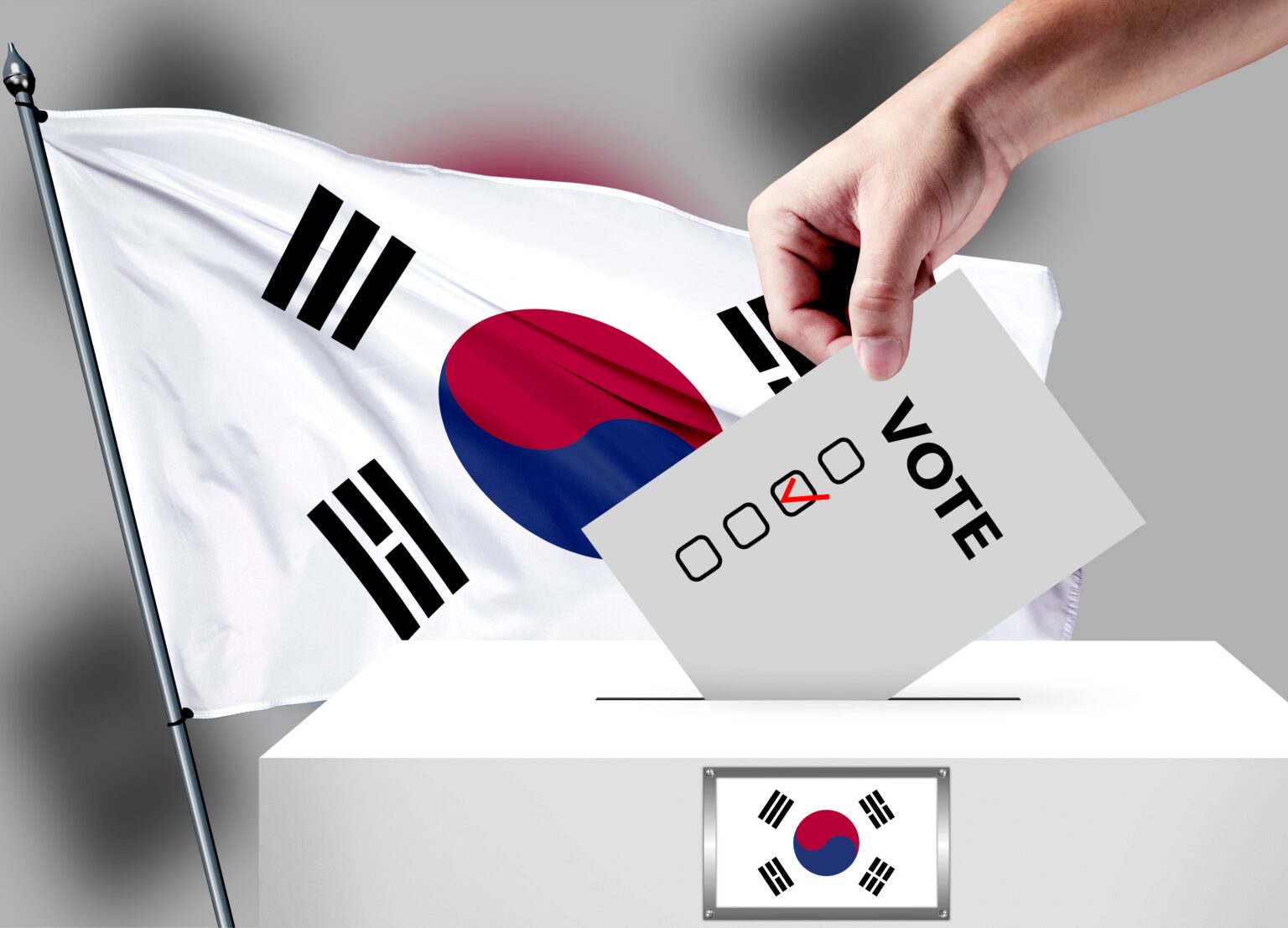South Korea’s recent parliamentary election resulted in a sharp defeat for President Yoon Suk Yeol’s conservative People Power Party. Voters gave the opposition Democratic Party and its allies a clear majority in the 300-seat National Assembly. The results, announced Thursday morning, signal widespread dissatisfaction with the government’s domestic policies and may hinder Yoon’s reform agenda for the remainder of his term.
According to the final vote tally, the Democratic Party, led by Lee Jae-myung, and its smaller partner secured 175 seats. The ruling People Power Party and its affiliates won only 108 seats. This outcome marks a shift in public sentiment, with many South Koreans expressing frustration over economic pressures, soaring housing costs, and perceptions of government mismanagement.
Opposition Victory Highlights Voter Concerns
The opposition’s victory is widely seen as a reflection of discontent over the rising cost of living and economic inequality. The Democratic Party, campaigning on promises to tackle inflation, boost social spending, and hold the government accountable, managed to mobilize voters who feel left behind by Yoon’s pro-business agenda.
Lee Jae-myung, who narrowly lost the 2022 presidential race to Yoon, stated, “The people have made their judgment. We must listen and change the direction of politics.” Meanwhile, opposition lawmakers have promised to push for stronger welfare programs and more transparency in government affairs.
Observers say that public anger over housing shortages, youth unemployment, and recent high-profile corruption scandals played a decisive role. “This election was about pocketbook issues,” said political analyst Kim Hyun-chul. “Many voters simply want economic relief and more responsive leadership.”
Government Faces Challenges in Policy-Making
The election results mean that President Yoon’s administration will have difficulty advancing key reforms. With the opposition controlling the National Assembly, passing new laws or pushing through major policy initiatives will require negotiation and compromise. Analysts warn that political gridlock could slow decision-making at a critical time for the country.
Yoon, who had pledged to overhaul labor laws and strengthen national security, now faces an emboldened opposition ready to challenge his proposals. In a televised address, he acknowledged the defeat and said, “I humbly accept the will of the people and will do my best to unite the country.”
Some experts worry that legislative paralysis could affect South Korea’s international standing and economic recovery. The government may need to adjust its approach to maintain investor confidence and address citizens’ urgent concerns.
Broader Implications for South Korean Politics
The outcome is likely to reshape the political landscape ahead of the next presidential election in 2027. The Democratic Party’s gains could energize progressive voters and increase pressure on Yoon’s party to rethink its strategies. Meanwhile, minor parties made modest gains, reflecting growing public appetite for alternatives to the two main parties.
Voter turnout reached nearly 67%, one of the highest in recent years, showing heightened public engagement in the political process. Many South Koreans hope that the new balance of power will result in more robust debate and improved government accountability.
Looking forward, both major parties will need to reassess their priorities to better align with voters’ expectations. Political scientist Park Ji-won remarked, “This election sends a clear message that politicians must address everyday challenges faced by ordinary citizens.”


